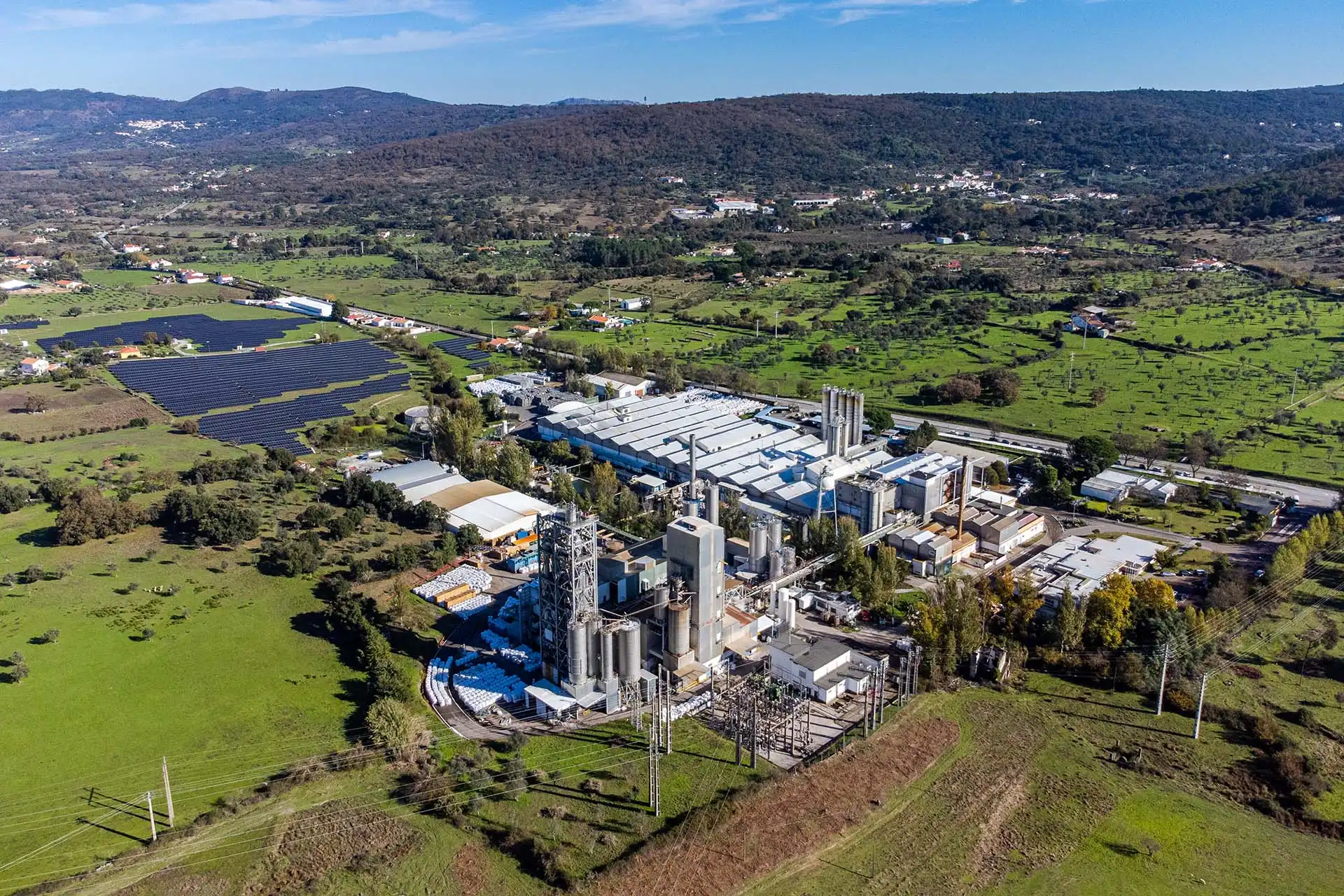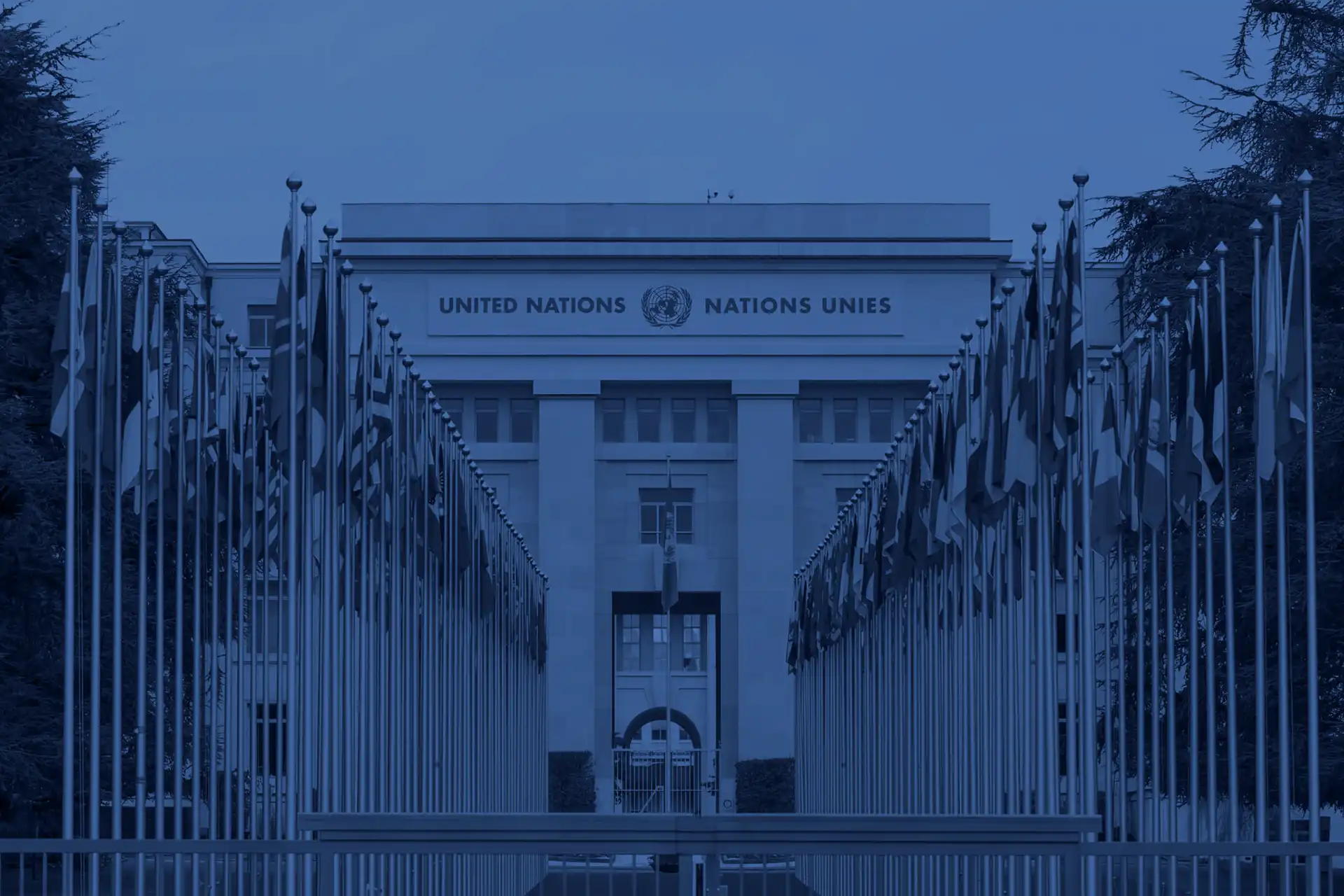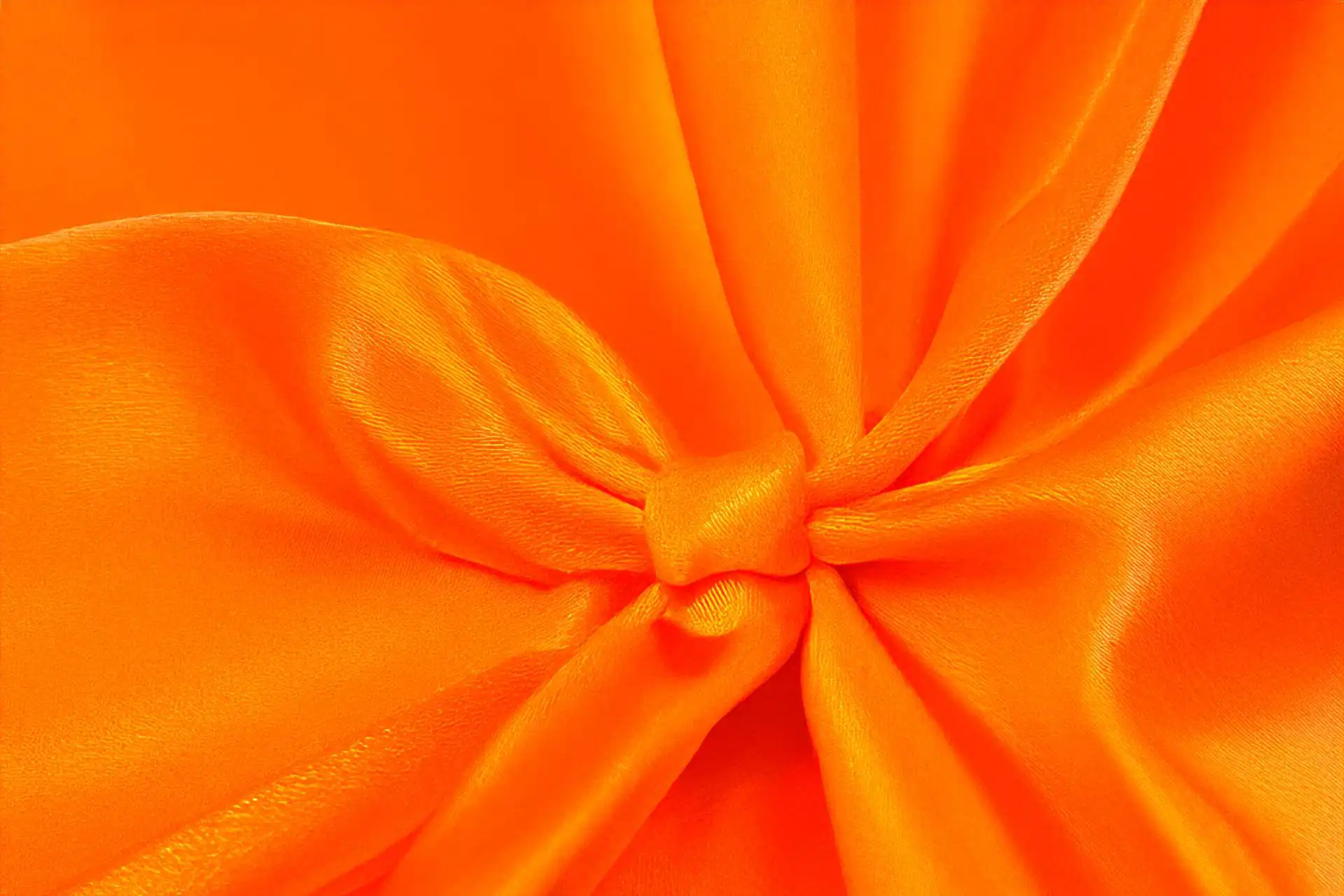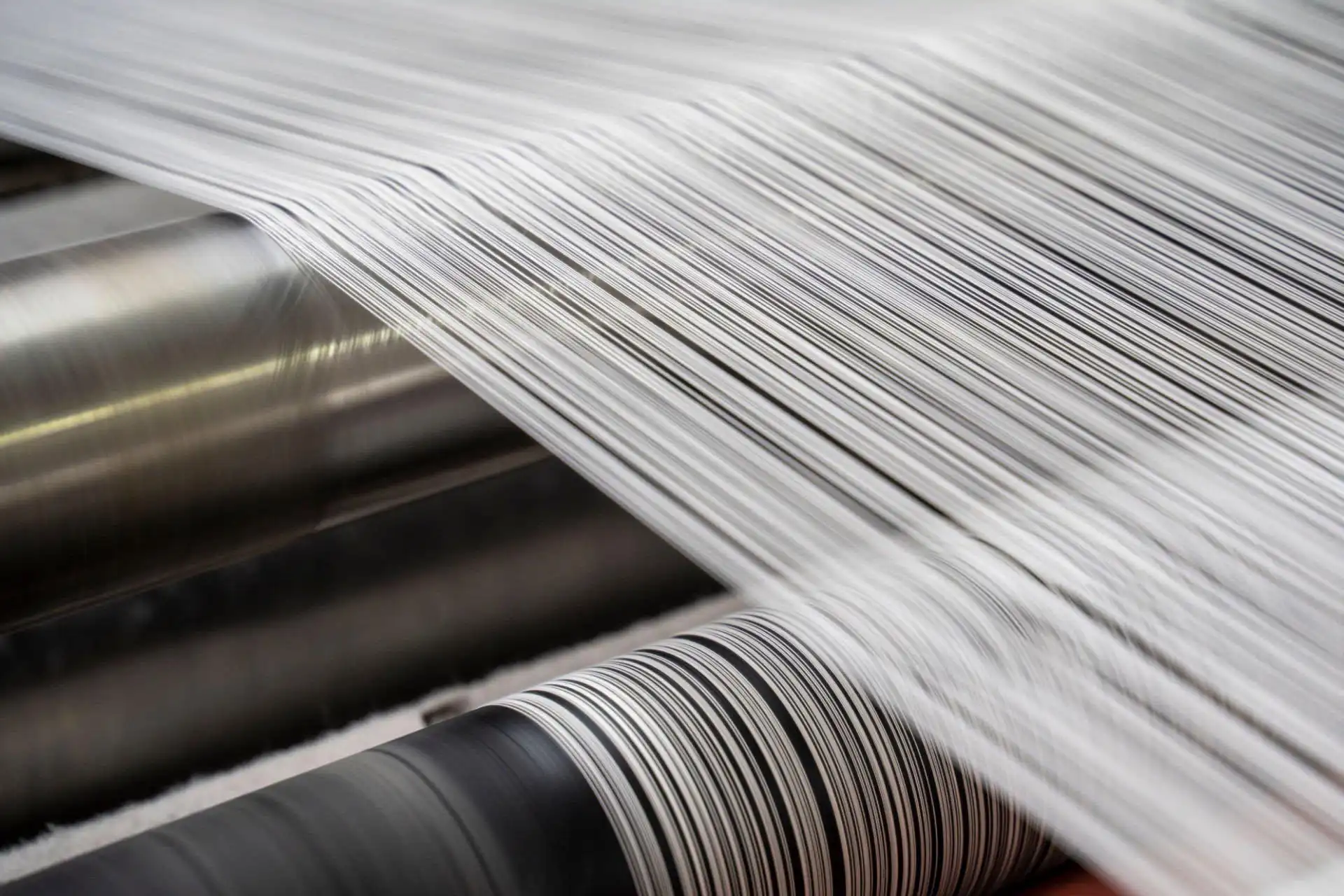Today, with this step, Selenis contributes significantly to solving the world’s problem of plastic waste by turning it into the building-blocks of their products They are used in a variety of applications including packaging, cosmetics, personal care, durable goods, and heat shrink sleeves, to name but a few!
The secret is the process
The Selenis molecular recycling process recovers monomers through chemical recycling. Glycolysis is used to break-up PET waste and reduce it to its polymer building blocks – namely, monomers. Next, they are reintroduced to the value chain as recycled polyester raw materials.
What is unique about Selenis’s break-through technology is that it combines the recycled PET with virgin raw materials at specific dosages, according to production throughput and the desired percentage of recycled content. This in turn, results in the production of new polyesters with high levels of post-consumer recycled content. In addition, prior to polycondensation, the co-monomers are subjected to a fine filtration process to remove impurities. During polycondensation the final IV and properties are obtained, according to product specifications and their application requirements.
Progress through partnerships
The development of the unique Selenis Eco-Resins was made possible thanks to the partnerships created with their clients who were interested in the development of a sustainable solution and willing to become involved in proving the products’ efficiency and performance. In 2021, shortly after scaling up the production of their recycled content products, Selenis sought to certify the traceability of these products through Recyclass Certification. In May 2022, Selenis renewed this certification, guaranteeing the use of 30% and 50% post-consumer recycled content in their Eco Resins and establishing trust in their recycled-content products.
With the growing pressure to demonstrate to consumers that products are genuinely circular manufacturers, brand owners and retailers are increasingly looking for a reliable and transparent certification. This certification confirms that Selenis possesses all the required procedures to ensure the traceability of recycled plastics incorporated into their products. Legislative pressure, 2030 targets, and brand owners faced with consumers looking for products with lower environmental claims have prompted the need for reliable certification and labelling of environmental claims to prove sustainability and eliminate greenwashing based on false claims used purely as a marketing tool.
Verifiable certification and traceability
The RecyClass Certification was the solution for Selenis, as it attests to the physical traceability of recycled plastics as described in EN 15343:2007. This follows a controlled blending chain of custody approach ISO/IEC 22095 where origins of plastic waste are verified, starting with the recycler and moving up the value chain. The certification also allows for an adequate determination of the share of the post and pre-consumer plastic. With Selenis, all the recycled content is post-consumer. This advanced tool has become a key enabler in developing recycled plastics packaging.
“Meeting consumer demand for transparency and the verification of company claims, remains high on the agenda throughout the plastic value chain, as the target of placing 10 million tons of recycled materials on the European market by 2025 is approaching. With the renewal of their Recyclass certifications, Selenis has proved yet again that their sustainability claims are unrivalled and based entirely upon valid circular solutions.”
















